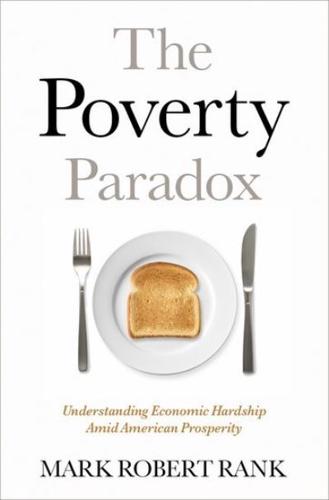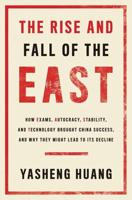Publisher's Synopsis
Why should the wealthiest country in the world also have the highest rates of poverty among the industrialized nations?
The paradox of poverty amidst plenty has plagued the United States throughout the 21st century. Based on his decades-long research and scholarship, one of the nation's leading authorities provides the answer. In The Poverty Paradox, Mark Robert Rank develops his unique perspective for understanding this puzzle.
The approach is what he has defined over the years as structural vulnerability. Central to this new way of thinking is the distinction between those who lose out at the economic game versus why the game produces losers in the first place. Americans experiencing poverty tend to have certain characteristics placing them at a greater risk of impoverishment. Yet poverty results not from these factors, but rather from a lack of sufficient opportunities in society. In particular, the shortage of decent paying jobs and a strong safety net are paramount.
Based upon this understanding, Rank goes on to detail a variety of strategies and programs to effectively alleviate poverty in the future. Implementing these policies has the added benefit of reinforcing several of the nation's most important values and principles. The Poverty Paradox represents a game changing examination of poverty and inequality. It provides the essential blueprint for finally combatting this economic injustice in the years ahead.
Mark Rank, one of America's great poverty scholars, has done it again. In crystal clear prose, The Poverty Paradox walks readers through what we know about poverty in the United States, forwards a framework to understand why it persists, and offers evidence-strategies for how we can confront it. It will offer fresh insights to new students, long-time experts, and policymakers alike. - H. Luke Shaefer, Hermann and Amalie Kohn Professor of Social Justice and Social Policy at the Ford School of Public Policy, University of Michigan












